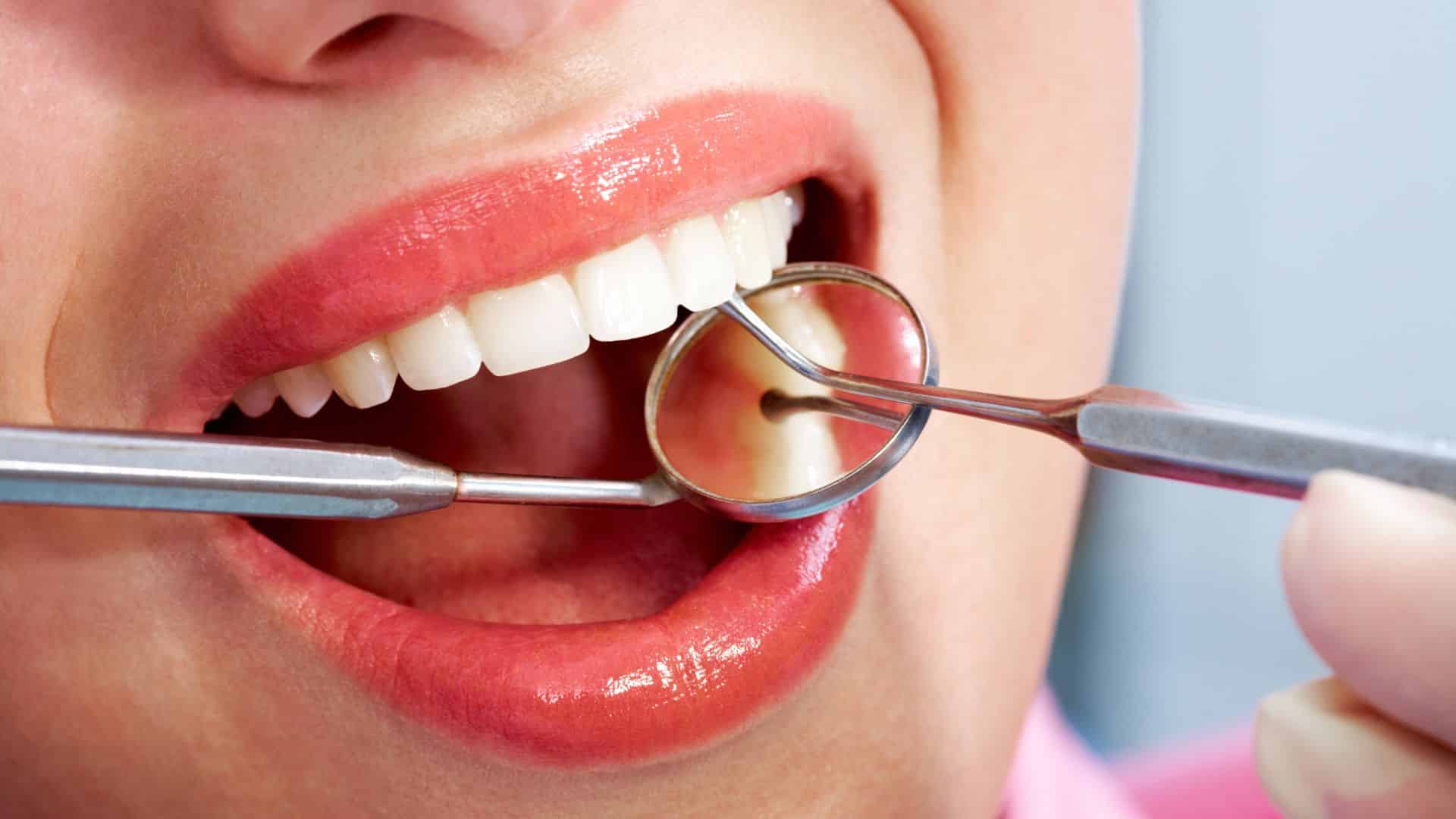
xr:d:DAF9VOOq6oY:4,j:8843237145867502442,t:24022012
Understanding restorative dental treatments can ease your concerns and improve your oral health. These treatments repair damaged teeth, helping restore function and appearance. A visit to a dentist in Tulsa, OK, can guide you through common options like fillings, crowns, and bridges. Each treatment addresses specific dental issues, offering personalized solutions to maintain your smile. Fillings fix cavities, while crowns strengthen weakened teeth. Bridges replace missing teeth, improving chewing and speech. Dental implants offer a long-lasting solution for tooth loss. Lastly, dentures give you back your smile and confidence. Remember, timely care is crucial to prevent further complications. By learning about these treatments, you empower yourself to make informed decisions about your dental health. This knowledge can ease anxiety and enhance your experience at the dentist. Regular check-ups ensure your teeth remain strong and healthy, providing peace of mind and a lasting smile.
1. Fillings
Fillings are common for treating cavities. When bacteria erode your tooth enamel, fillings restore the tooth’s shape and function. With materials ranging from amalgam to composite resins, fillings blend well with your natural teeth. This quick procedure can prevent further decay and pain, helping you maintain healthy teeth.
2. Crowns
Crowns cover damaged or decayed teeth entirely. Made from materials like porcelain or ceramic, crowns protect and strengthen teeth. They also improve the tooth’s appearance. If a tooth has a large filling or is cracked, a crown may be the best option. Crowns can last for many years with proper care, giving you a durable solution.
3. Bridges
Bridges replace one or more missing teeth. They consist of crowns on either side of a gap, with artificial teeth in between. Bridges help restore your smile and ability to chew and speak. They prevent remaining teeth from shifting, which can cause alignment problems. A bridge can boost your confidence and oral health.
4. Dental Implants
Dental implants are a permanent solution for missing teeth. They involve inserting a titanium post into the jawbone, which acts like a tooth root. An artificial tooth is then attached to the post. Implants look and function like natural teeth. They prevent bone loss and maintain the structure of your face. Implants require healthy gums and enough bone density for support.
5. Dentures
Dentures replace missing teeth and surrounding tissue. They come in full or partial forms, depending on your needs. Dentures improve your ability to eat and speak. They also restore the appearance of your smile. Though they may feel awkward initially, dentures become more comfortable with time. Regular adjustments ensure a proper fit.
| Treatment | Purpose | Material | Lifespan |
|---|---|---|---|
| Fillings | Repairs cavities | Amalgam, composite | 5-15 years |
| Crowns | Strengthens damaged teeth | Porcelain, ceramic | 10-15 years |
| Bridges | Replaces missing teeth | Porcelain, metal | 5-15 years |
| Implants | Permanent tooth replacement | Titanium, porcelain | 25+ years |
| Dentures | Restores multiple missing teeth | Acrylic, metal | 5-10 years |
Each treatment offers unique benefits. Your dentist will help determine the best option based on your needs. Restorative treatments don’t just improve appearance. They preserve oral health and prevent further issues.
Regular dental visits ensure that any problems are addressed early. Good oral hygiene supports these treatments. Brushing twice a day, flossing, and using mouthwash are essential habits. Avoiding sugary foods and tobacco products also protects your teeth. Discuss any concerns with your dentist. They provide guidance tailored to your situation.
Understanding these treatments can reduce anxiety. Knowing what to expect makes the process smoother. The right treatment can transform your smile and boost your confidence. Embrace proactive dental care. It keeps your mouth healthy and your smile bright.










